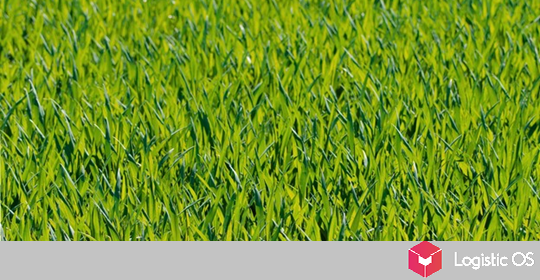Agricultural companies are significantly increasing salaries for employees, but the shortage of personnel still remains.
According to the latest data, the Russian agricultural sector is still experiencing a severe shortage of personnel, and this is forcing companies to significantly increase salaries.
For example, according to Avito. Works, on average, salaries of new specialists have increased by 26% over the year, to 82 thousand rubles.
In some regions, the growth is even higher. For example, in the Far East, average salaries have almost doubled over the year, by 88%, and amounted to 112 thousand rubles.
Despite this, the problem is in no hurry to be solved. Over the year, the number of vacancies posted by agricultural enterprises has increased by 86%.
The share of such vacancies in the total number of published job offers is about 13%.
At the same time, qualified personnel were in demand first.
For example, this applies to agronomists, breeders, as well as office workers with high qualifications.
The salaries of such specialists can be significantly higher than the industry average. In particular, for seed agronomists, the upper limit of the salary range can be at the level of 160 thousand rubles.
This is explained by the rarity of such a specialty and the high value of such personnel.
In general, the personnel shortage can be one of the significant problems for the sector.
Experts believe that this is a significant obstacle to the implementation of digitalization plans, which is talked about so much.
If there are not enough qualified personnel, then the question arises: who exactly will be engaged in digitalization? Therefore, solving this problem is the key to the further development of the agricultural sector.
To overcome the difficulties that have arisen, experts believe that it is necessary to move in several directions at once.
Firstly, it is necessary to increase the popularity of agriculture among young people, since they are reluctant to go into this field.
Secondly, it is necessary to provide high-quality relevant education, because what is provided by educational institutions today, for the most part, does not meet the requirements of today. A good option here could be retraining.
Thirdly, the fact that the Russian agricultural sector has been consistently underfunded for 20 years has an effect.
The situation is changing now, but additional funding is still needed to saturate the industry with everything it needs, including equipment and machinery.
At the same time, experts do not rule out that the personnel problem will never be fully resolved, so a lot will have to be automated in order to get by with fewer people.

